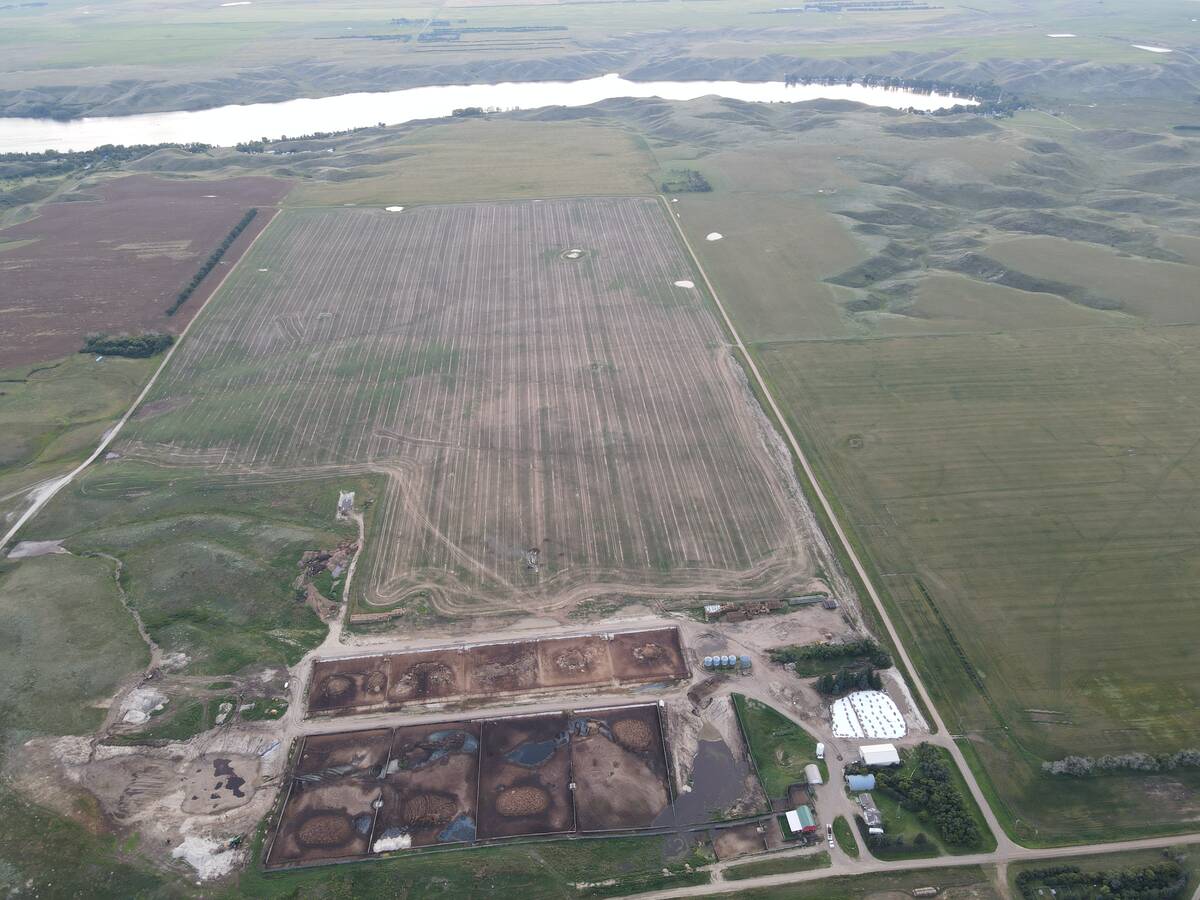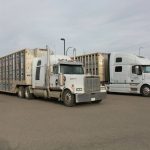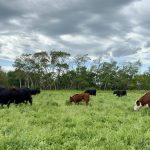A Winnipeg feed mill will receive $1.1 million in government funding to install two infrared grain sorters capable of removing ergot and fusarium damaged kernels.
Standard Nutrition Canada Co. will become the only company in Canada to use infrared grain-sorting technology for separating fusarium damaged kernels and ergot from commercial grain deliveries.
The funding will come from the Grain Innovation Hub, a federal-provincial initiative that the federal and Manitoba governments an-nounced in May 2014.
The hub’s objective is to re-establish Manitoba as a leader in grain research by investing $33 million from government and industry in the grain production and processing sectors.
Read Also

Saskatchewan RM declines feedlot application, cites bylaws
Already facing some community pushback, a proposed 2,000-head cattle feedlot south of Swift Current, Sask., has been rejected for a municipal permit, partly over zoning concerns about the minimum distance from a residence.
Standard Nutrition Canada will also invest an additional $1.1 million in the project.
Standard Nutrition is a U.S. company headquartered in Nebraska. Its Canadian operations are based in Winnipeg, Lethbridge, Edmonton and Swift Current, Sask.
The company’s Canadian arm employs 90 full-time workers. Installation of the new equipment is expected to create eight additional positions.
Infrared sorters are capable of removing grain infected with fusarium head blight or ergot before they are made into animal feed.
Removing infected grain will improve the overall grade and quality and add millions of dollars a year to the value of Manitoba’s cereal crop.
“This investment will help recapture more value from Manitoba’s grains and create new marketing opportunities,” said Manitoba agriculture minister Ron Kostyshyn.
“The damage caused by fusarium and ergot can be a significant cost for Manitoba’s farmers and across the entire industry. This new infrared equipment is an innovative solution with significant financial and environmental benefits.”
Manitoba wheat farmers lost an estimated $400 million in revenue last year because of fusarium damage.
Grain infected with the disease is sold at a discount. In extreme cases, infected crops are deemed unusable and are dumped in landfills or in waste areas on the farm.
The use of infrared sorting technology is expected to reduce grain waste by 24,000 tonnes every year in Manitoba.
“The sourcing of clean high-quality grain has become a major issue in our region,” said Jason McNaughton, president and general manager of Standard Nutrition Canada.
“This investment by our company and governments is a key step in reclaiming the value of local crops while maintaining the integrity of the food we produce.”















